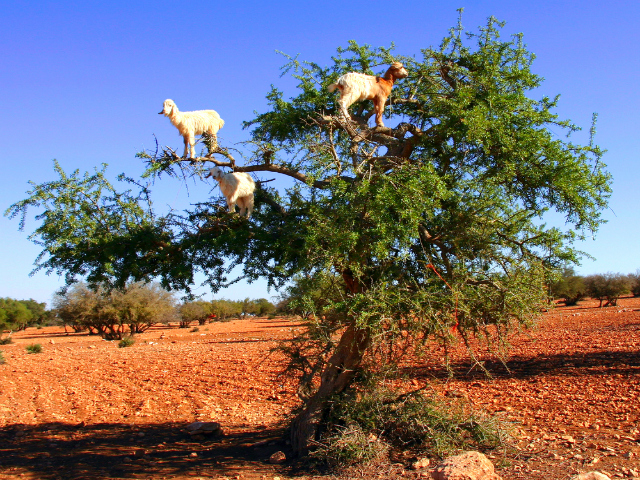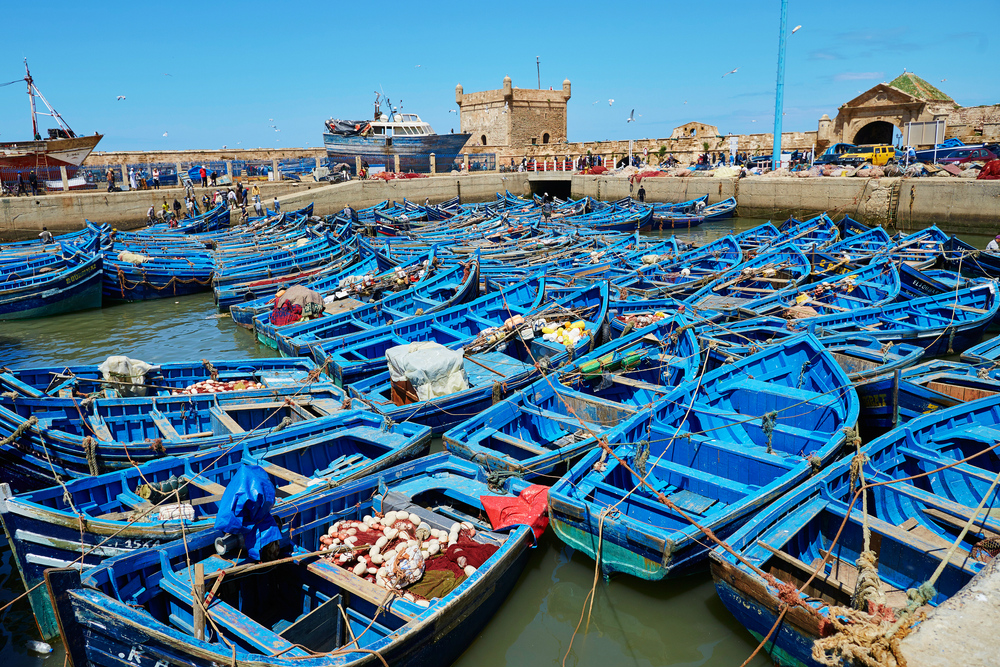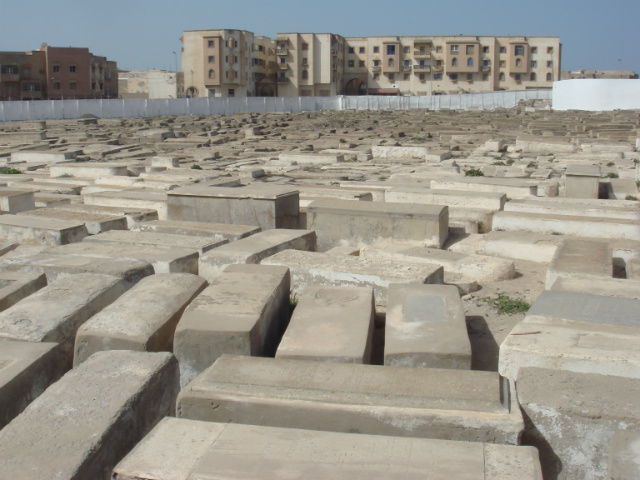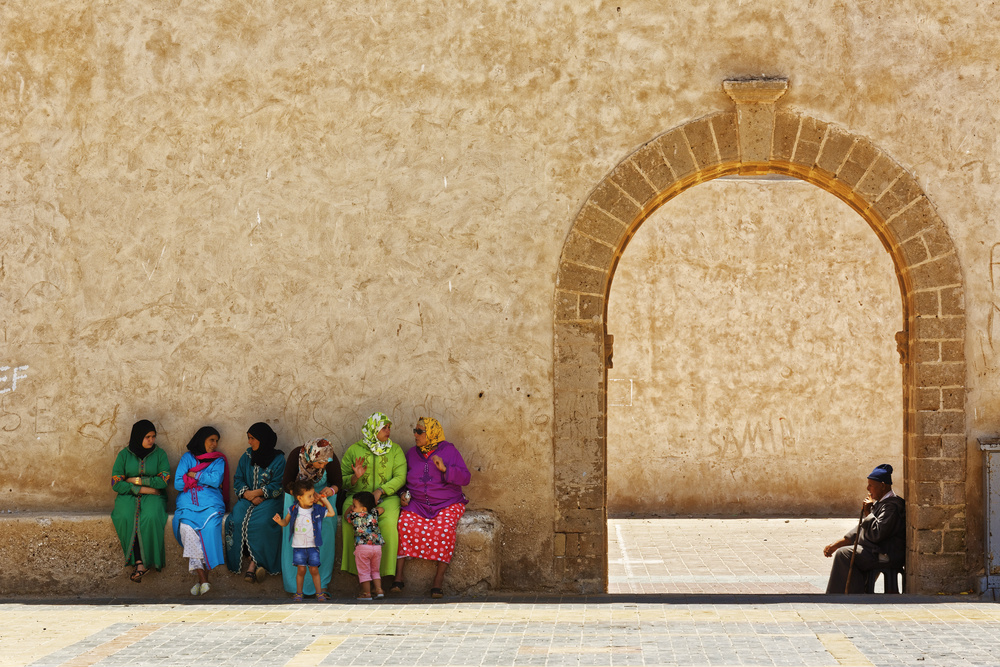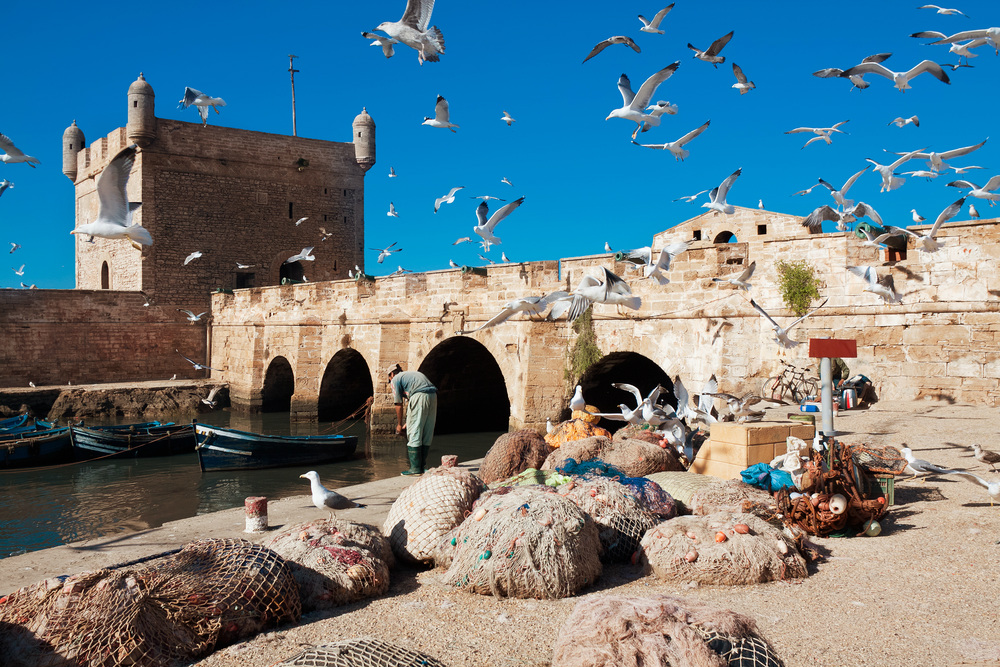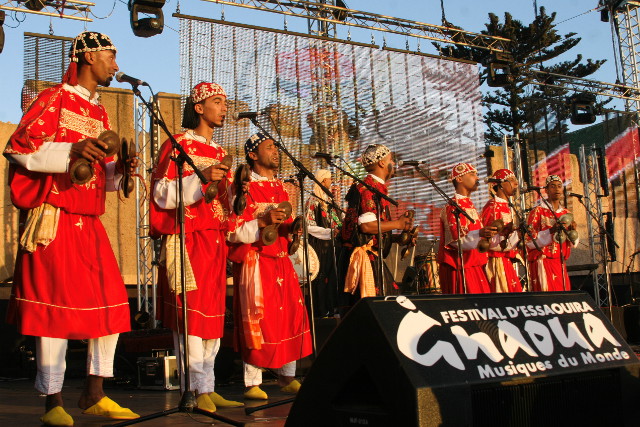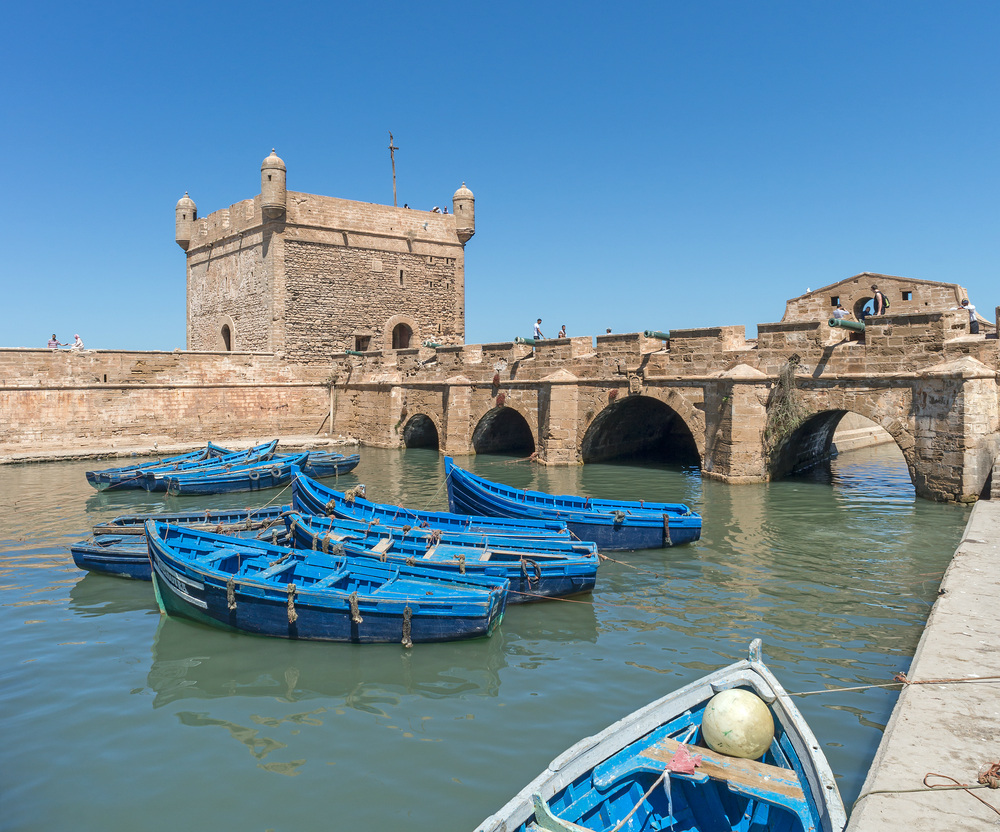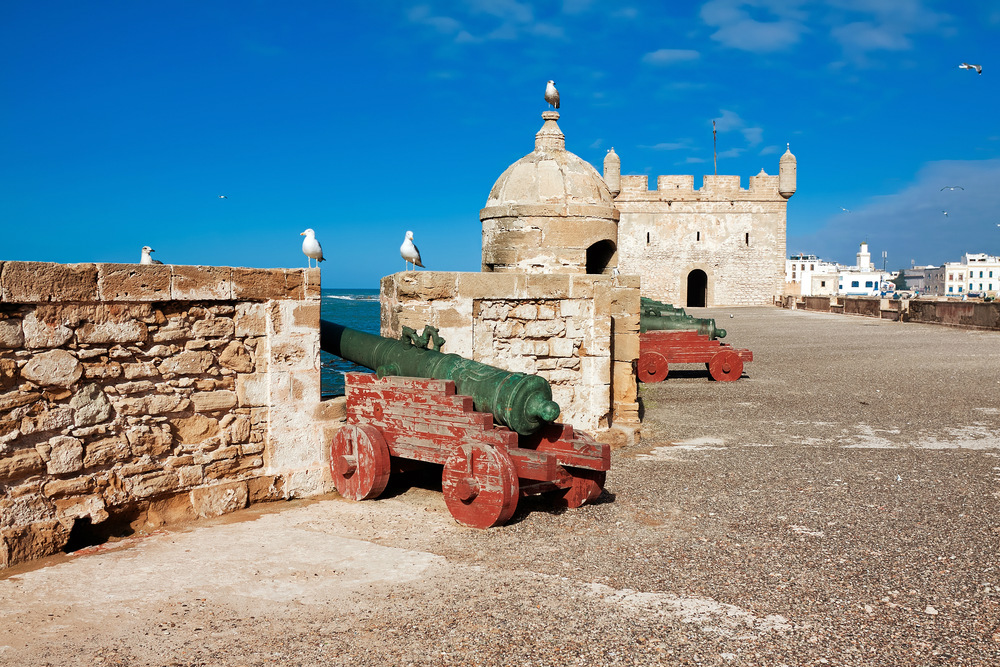While many travelers coming to Morocco make it to places like Casablanca, Fes and Marrakech, few make it all the way to Essaouira. That’s a shame though, as this windy city by the coast has tons to offer tourists, along with a much more laid back vibe than the some of the larger cities in the country. Here are 10 things you didn’t know about Essaouira, Morocco.
It’s home of the goats in trees
You may have seen pictures of goats in trees on the internet, but did you know where they were from? Most of the goats live around the city of Essaouira and climb up to eat the fruit of the Argan tree. These curious goats have known about Argan oil long before it became a trendy thing to put in your hair.
It’s a UNESCO World Heritage Site
While some cities might get a monument or building named as a UNESCO World Heritage Site, in Essaouira, the entire Medina is classified as such. It qualified as one by being a well-preserved city and maintaining the integrity in architecture that it’s had for centuries.
It was Morocco’s main port
Forget Casablanca and Tangier. From the time that Essaouira was rebuilt by Muhammad III until the end of the 19th century, it was the main port in the entire country. It brought tons of goods from the trade routes through Marrakech, to Timbuktu to sub-Saharan Africa.
Jews were once a huge portion of the population
Essaouira once housed one of the largest populations of Jews in North Africa. The city was once 40% Jewish and the Mellah still has plenty of old synagogues and a large Jewish cemetery. Most of the Jews left when Israel was created in 1948.
It was a prominent city for hippies
Essaouira, like many cities in Morocco, was once where many hippies flocked to in the 1960s and 1970s. Several famous artists like Cat Stevens and Jimi Hendrix lived in the city for a short period of time, which in turned helped to boost the tourism there.
It’s been populated since prehistoric times
Essaouira is a seriously old city. Archaeological evidence shows that people have been living there for thousands of years. It was inhabited by the Carthaginians in the 5th century BC when it was called Arambys. Later, a Roman villa was created on Mogador Island in the 3rd century AD. The city has continued to flourish through the Middle Ages to the present day.
It’s known as the Windy City
Move over Chicago. Morocco has it’s own Windy City. Unlike the Midwestern metropolis, Essaouira is actually named that because of the wind and not its politicians blowing hot air. The city is so windy that it’s become a huge destination for kitesurfers. To see some of them in action, check out our video: Kitesurfing in Essaouira, Morocco.
Music is one of its biggest draws
Along with people coming here for the beach, many flock to the city every year for its incredible music scene. One of the biggest events is the Gnaoua Festival of World Music which is held every year in June. If you’re in the country at this time of year, you should definitely make plans to attend this festival.
It was featured in Game Of Thrones
If you guessed that much of the filming for the TV show Game Of Thrones was set in Morocco, you were right. In fact, Essaouira was used prominently in the show and was served as the background when Daenerys Targaryen purchased the army of 8,000 unsullied soldiers.
It was once occupied by the Portuguese
Although it may not look like it, the Portuguese once occupied the city (like many throughout Africa). They only built a fort and a small harbor, but then left after only a few years. The large walls that you see now were predominantly built in the 18th century. So while it has been inhabited for thousands of years, most of the prominent monuments aren’t really that old.
More from AFKTravel:
City Guide: Essaouira, Morocco
VIDEO: Daily Life In Essaouira
5 Hotel Pools In Morocco We Want To Dive Into
This article was originally published on November 2, 2015.
Want to discover the finer side of Africa? Sign up for our weekly newsletter.
